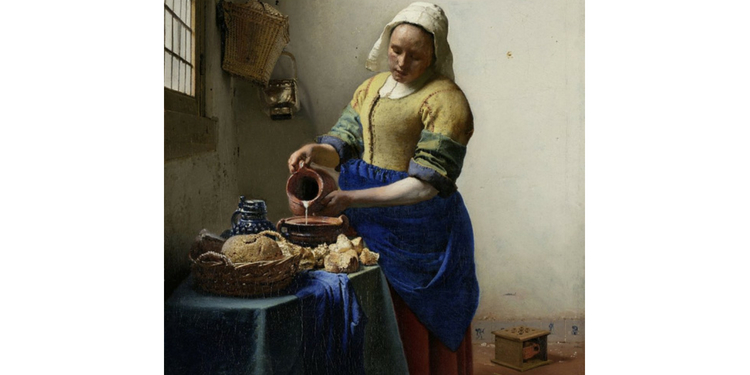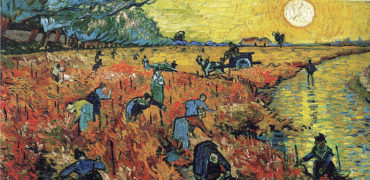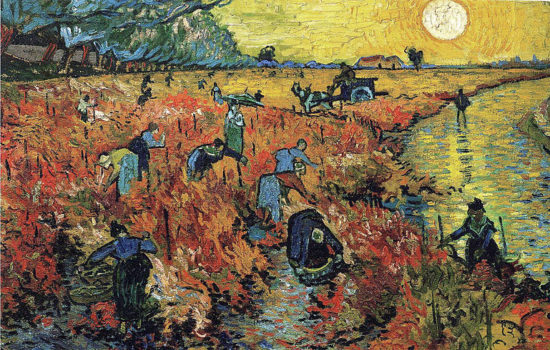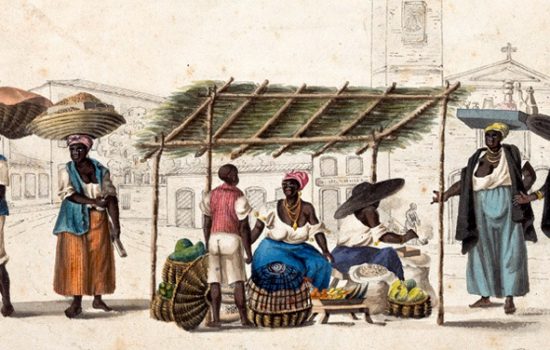After a long wait, Italian Decree on mandatory indication of the origin of the raw material (milk) for milk and diaries (e.g. milk, cheese, butter, yogurt, curd) has finally been published on the official journal (2017-01-19) and is now expected to enter into force on 18 April 2017.
The decree, adopted by the Ministry of Agriculture, Food and Forestry, is akin to the French one adopted on 19 August 2016. Both of them mark a significant change in the development of the EU food law as they act like “national implementation” of Article 26 of Food Information to Consumer (FIC) Regulation concerning Country of origin or place of provenance. Due to the slow enactment of FIC Regulation by the Commission and taking advantage of the political momentum, some Member States have agreed with the Commission to adopt national measures regarding matters specifically regulated (harmonised) by the FIC Regulation (gastro-nationalism). It is not a case that the Italian Decree (likely the French) is said to be established for a “testing period”. This timeframe will last till 31 March 2019 just after Commission is supposed to receive a report on the application of the decree. By that date perhaps the time will come for an overall review of the laws dealing with Country of Origin Labelling.
The decree applies to milk and dairy products made in Italy (i.e. having an Italian Origin according to the Union Customs Code, Reg. 952/2013/EU) being “prepacked food” under the meaning of EU food information regulation (Reg. No 1169/2011/EU). Diaries marketed under PDO-PGI or organic regimes are exempted, as they must comply with sectoral rules on the origin declaration. Fresh milk is out of scope too.
Products legally placed on the market in another EU member State, in Turkey as well as in EFTA States are also excluded from the scope of the new legislation. The Decree additionally excludes products coming from third countries. The latter provision has surprised those who had followed the drafting of the decree: the earlier drafts indeed addressed the mutual recognition clause in strict terms only (i.e. products from EU MS, Turkey or EFTA State were out of scope); unlikely, the final (and binding) wording gives to the products from third country the same legal status of EU products. The reason of such a choice could be sought in WTO’s obligations and related risks of inconsistency with TBT Agreement.
Another vagueness may arise from the drafting of the scope as it is unclear whether the new rules will apply to Italian diaries placed on the domestic market only or, on the contrary, they will involve Italian products intended to the foreign shelves. Taking into consideration all relevant legal grounds, the right interpretation of the Decree seems to be the first. Nevertheless, it is arguable that a number of doubts in the day-by-day operational business will raise.
According to the Decree, products’ labels will have to indicate the country of origin of the raw material used in milk and dairy products such as yogurt, cheese, butter, as well as the country where wrapping or processing occurred. The Decree fully complies with UE Union Customs Code. Furthermore, whereas the milking, wrapping or processing take place in the same country, the “origin” followed by the country name may be used. On the contrary, if the aforementioned stages are carried out in different countries, it will be allowed to use the label “milk of EU (or non-EU) Countries” or “milk conditioned/wrapped or transformed in EU (or non-EU) Countries”.
For instance, a cheese-product made in Italy by working on foreign milk has to indicate the place of origin of the processed milk only if it is prepared for the Italian market. Instead, a yogurt made abroad by using foreign milk intended for the Italian market doesn’t have to comply with any mandatory labelling on the origin of the source.
Unless the action constitutes an offence, no observance of the decree’s provisions will be punished to an administrative fine from 1600 to 9500 euros. This decree represents the first implementing measure of the Law No 4/2011 on “measures regarding the labelling and quality of agricultural products”.
Milk cartons and dairy products not meeting decree’s requirements which have been marketed before 18 April may be placed on the market until stocks are exhausted and, in any case, no later than 15 October 2017.
Any mandatory origin labelling entails higher regulatory burden for covered products. Therefore the question is whether the balance between costs and benefits is such that it would justify its mandatory indication.
In spite of a consumers’ interest for the origin of milk and milk used as an ingredient in dairy products, reports have registrered modest consumers’ overall willingness to pay for this information. In any case consumers seem to express preference for this indication to be made at Member State’s level.
Although the cost of labelling the origin of milk could be generally modest, its impact among Italian operators will be uneven with some of them having to introduce additional traceability systems with substantial increases of costs, particularly those located in border regions or in areas non-self-sufficient in milk.
It would be worty that the French and the Italian decree on mandatory origin labelling of milk undergo a strict screeneing of the economic impact in terms of traceability requirements and burdensome for food business operators, the big and the little ones.














